Factors That Influence Body Weight
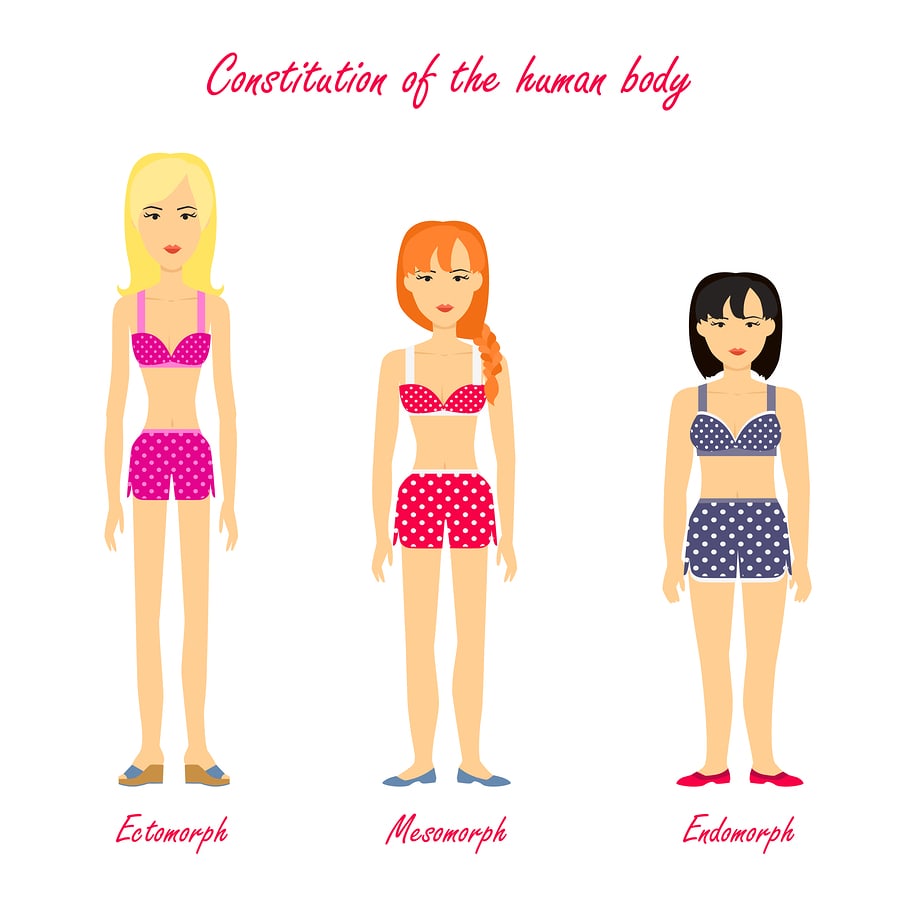
Body weight depends on a variety of factors. Some people are naturally slim just because of a different body/mind type. Others struggle with obesity their entire lives. Besides your genetic makeup, these are the factors that influence your weight:
- Age
- Gender
- Race
- Prenatal factors
- Body type
- Hormones
- Fitness level
- Eating Habits
- Resting metabolic rate
- Smoking and drinking habits
- Medications
- Certain health conditions
- Social factors
Physical activity, especially strength training, builds muscle and increases metabolic rate. Exercise also stimulates the release of certain hormones to help your body burn energy more
Hormones and Weight Loss:
What's the Link?
The most important hormones involved in body composition include:
- Testosterone
- Estrogen
- Growth hormone
- Cortisol
- Insulin
- Leptin
- Ghrelin
- Thyroid hormones (T3, T4, and THS)
Testosterone
Testosterone, the primary sex hormone, plays a crucial role in weight loss. Both men and women produce this hormone, but in different amounts. T levels in women are 10 to 14 percent lower than those in men
Symptoms of Low Testosterone
Boost Testosterone Naturally
Estrogen
Just like testosterone, estrogen occurs in both genders. Females produce estrogen in larger amounts for pregnancy and breastfeeding. For this reason, women tend to store fat on their hips and thighs.
Boost Estrogen Naturally
Human Growth Hormone (HGH)
Lately, more and more companies are offering HGH in powder, pill, or injection form. These products appeal to athletes and people looking to build muscle or lose fat. But, their safety is still questionable.
Boost HGH Naturally
Cortisol
Do you eat more or crave unhealthy foods when you're stressed out? Believe it or not, it's perfectly normal. Stress increases cortisol levels in the body, causing a chain reaction. This hormone is produced by the adrenal glands and supports health. Cortisol lowers inflammation, regulates your metabolism, and stabilizes blood sugar levels.
The Stress Cortisol Connection
Natural Ways to Lower Cortisol
Insulin
Insulin helps your cells break down glucose for fuel. If your body has enough energy, you store glucose as glycogen in the liver. The excess gets deposited as fat.
Leptin and Ghrelin
These two hormones are strongly connected. Leptin curbs appetite and signals your brain that you've had enough food. Ghrelin has the opposite effect. Its levels go up every time you skip a meal and drop after eating. When leptin levels are high, your body suppresses ghrelin.
Thyroid Hormones
The thyroid gland produces hormones that influence your weight and metabolism. The same hormones impact your mood and energy levels. When your thyroid doesn't make enough T3 and T4, you may develop hypothyroidism. This condition decreases your metabolic rate and promotes weight gain.
Signs of Hypothyroidism
Foods that Support and Heal Your Thyroid
How to Balance Hormones To Lose Weight
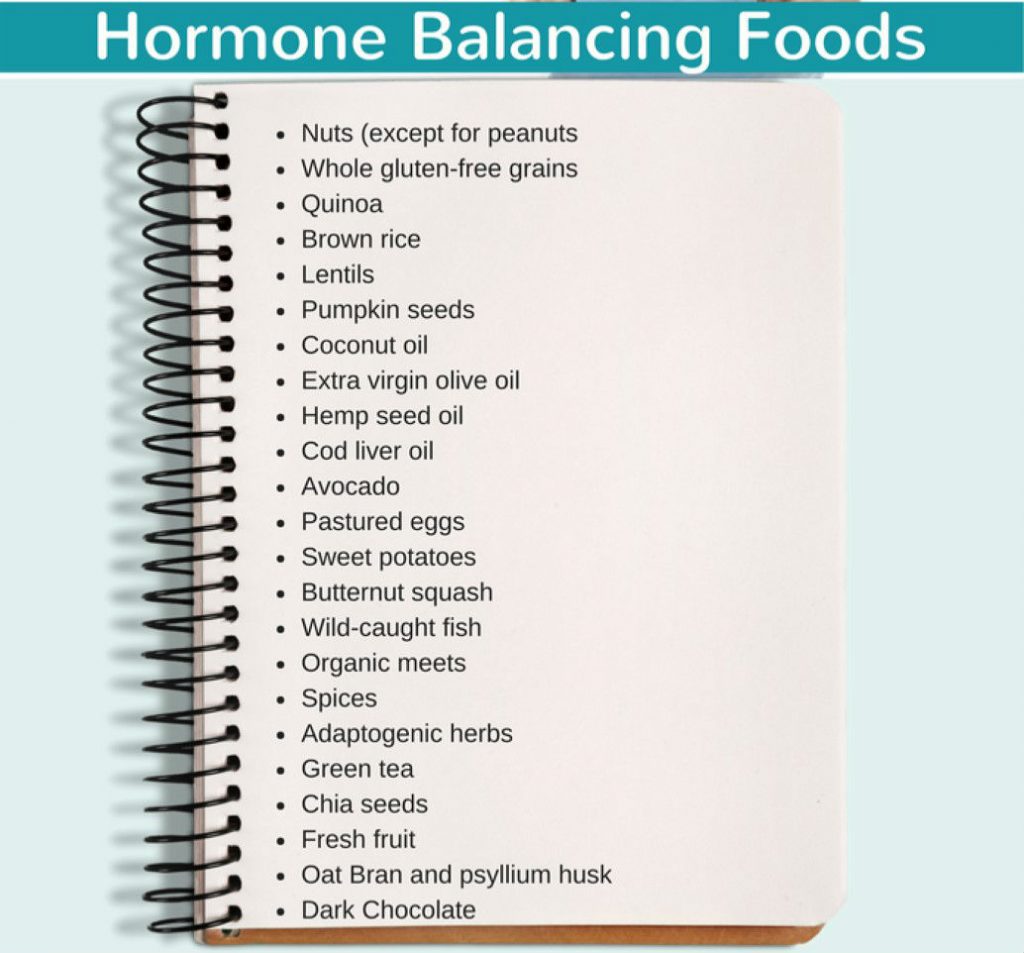
Hormone-Balancing Foods for a Strong, Lean Body
To make things easier, we've compiled a list of hormone-balancing foods you should be eating:
- Nuts (except for peanuts)
- Whole grains (preferably gluten-free)
- Quinoa
- Brown rice
- Lentils
- Pumpkin seeds
- Coconut oil
- Extra virgin olive oil
- Hemp seed oil
- Cod liver oil
- Avocado
- Pastured eggs
- Vegetables (artichokes, collard greens, cucumber, zucchini, spinach, asparagus, tomatoes, onions)
- Beets
- Sweet potatoes
- Butternut squash
- Organic meat
- Wild caught fish
- Spices (garlic, turmeric, chili, cayenne, ginger, cinnamon, cumin)
- Adaptogenic herbs (Shatavari, Ashwagandha, Holy Basil)
- Green tea
- Chia seed
- Fresh fruit
- Oat bran and psyllium husk (as a source a fiber)
- Dark chocolate (at least 80% cocoa)
The foods listed above contain nutrients that support hormonal balance.
Now let's look at essential fatty acids. You can find these healthy fats in avocado, extra virgin olive oil, salmon, tuna, sardines, nuts, and seeds. Due to their anti-inflammatory properties, they offset the harmful effects of high cortisol levels. A diet rich in essential fatty acids may relieve PMS, bloating, menstrual bleeding, and delay aging.
Omega-3s
Good food sources of Omega-3s include:
- Salmon
- Walnuts
- Chia seeds
- Sardines
- Hemp seeds
- Anchovies
- Egg yolks
How Does Protein Impact Your Hormones?
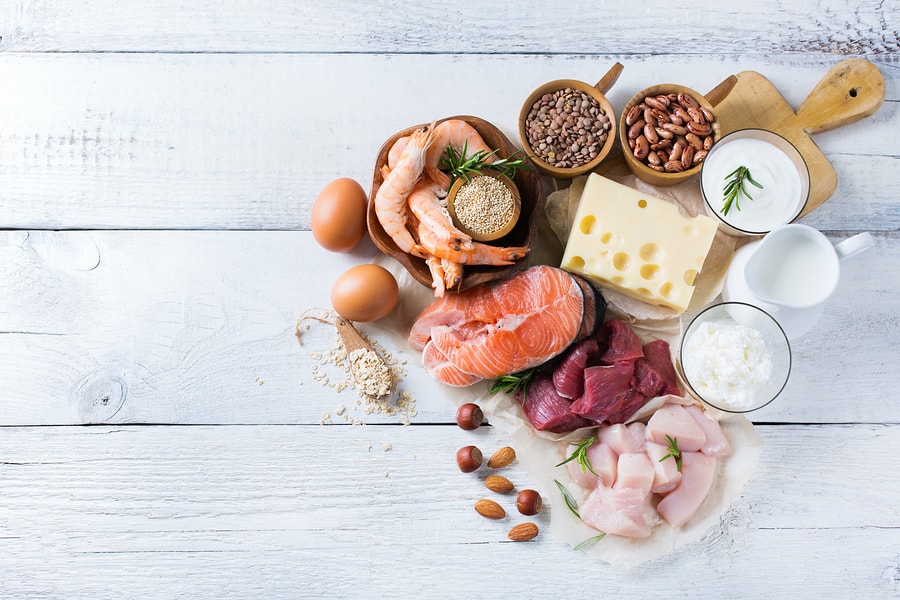
Along with essential fatty acids, protein contributes to a healthy hormonal system. Your body uses this nutrient to produce hormones and enzymes. Protein also supports muscle growth and repair, promotes the formation of new cells and tissues, and keeps your bones healthy. Moreover, it revs up your metabolism and makes weight loss easier.
Protein performs essential functions in your body, such as:
- Provide structural support
- Receive and send chemical signals
- Transport nutrients to your cells
- Synthesize and repair DNA
- Catalyze chemical reactions
- Support enzyme productions
- Regulate metabolism
- Aid in the production of hemoglobin
Get Your Proteins From These Sources
Vegan or Vegetarian?
Best and Worst Sources of Animal Protein
Wild-caught fish, pastured poultry and eggs, wild or grass-fed red meat, and oysters are some of the best animal protein sources. Processed meat, conventional red meat, and high-mercury fish are the worst.
According to study women who consume red meat are more likely to develop metabolic syndrome, type II diabetes, and cardiovascular problems
Avoid Fish With Mercury
If you eat fish for protein, avoid high-mercury varieties.
The worst offenders are:
- Swordfish
- Tilefish
- Shark
- Tuna
- King mackerel
Mercury disrupts endocrine function and increases the risk of thyroiditis. Upon ingestion, it binds to your estrogen receptors and affects thyroid health. Women with high levels of mercury in their bloodstream are twice as likely to develop thyroid disease compared to the average population.
What about Fruits and Vegetables?

Now you might wonder which fruits and vegetables are best for hormonal health. Rich in beta-sitosterol, avocado should be a staple in your diet because it helps to lower inflammation, restores low DHEA, and keeps cortisol levels within normal limits.
Cruciferous Vegetables
Junk Foods
Conclusion of How To Balance Hormones and Lose Weight
If you are over-weight, eventually it will become your greatest health challenge. And I know losing weight is not easy. And for many women, it's not about willpower – it's about hormones.
But at the end of the day, you have more control over your health and weight loss than you think you do. Through proper nutrition, you can balance your metabolism, lose weight, flatten your belly, sleep better, have more energy, build more muscle, and feel better in general.
Through the ages, food was considered the most important aspect of good health by healers around the world. Hippocrates, the father of medicine, lived by the rule that food should be our medicine.
Let your food be your medicine and your medicine be your food. ~Hippocrates
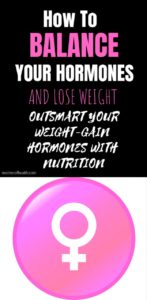

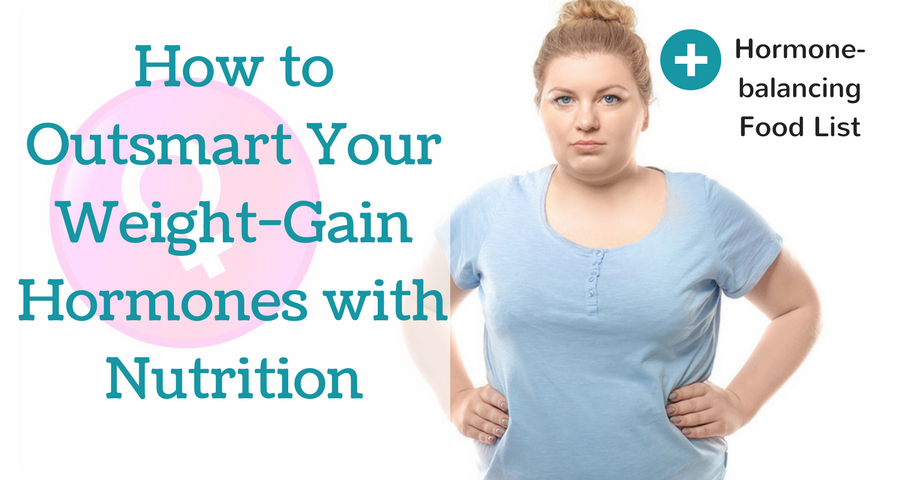

It’s a very easy on the eyes which makes it much more pleasant for me to come here and visit more often.I’m really enjoying the design and layout of your blog. Did you hire out a developer to create your theme? Excellent work!
Hi Deanna,
Thanks for your comment and feedback and so thrilled to hear you find the content easy-to-read! The theme is VOICE.